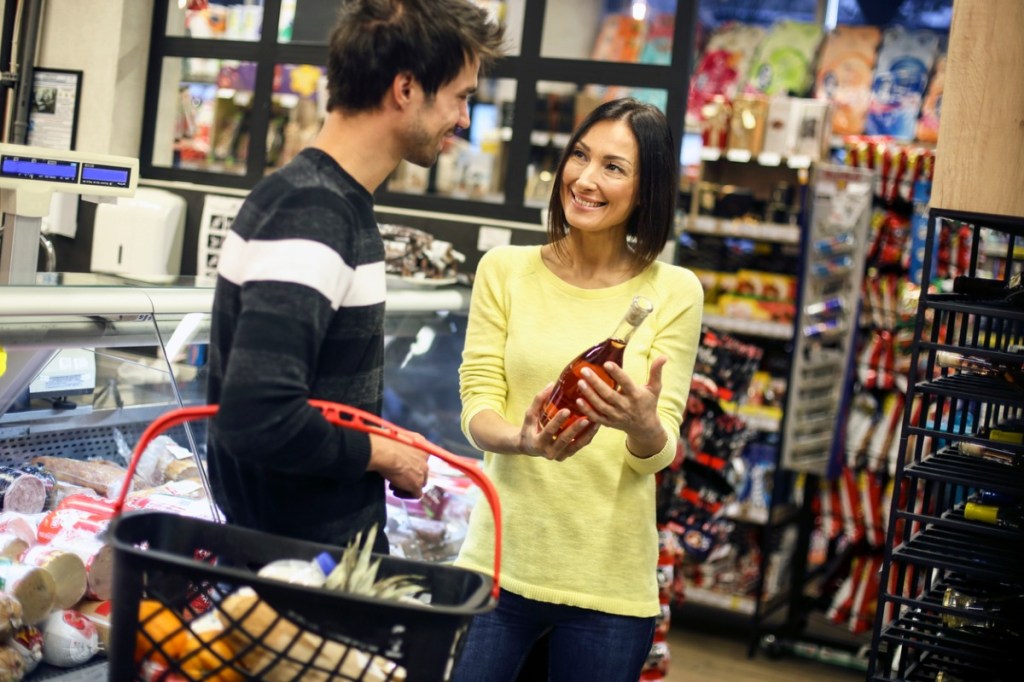In his latest opinion piece for Convenience & Impulse Retailing magazine, Darren Park, CEO of United Convenience Buyers, is urging the industry to present a united voice to achieve the common goal of selling alcoholic products through P&C.
Let’s address the obstacles to selling alcohol in the convenience channel… and could non-alcoholic beer, wine and spirits be the perfect stepping stone to selling something fruitier?
For years, many in the petrol and convenience (P&C) channel here in Australia have lobbied regulators, looking for a common sense approach to allow the sale of alcoholic beverages, each time resulting in a negative response. Counter arguments being that it would be irresponsible for them to allow or create a new avenue for the sale and purchase of alcoholic products within our channel, potentially encouraging drink driving and underage drinking.
This is the time for us to stand up as an industry with one strong voice and consistent message to achieve one common goal.
Other P&C markets around the world are able to sell alcohol responsibly with great success, so what makes P&C in Australia different, and more to the point what do we need to do as an industry to mount a convincing argument otherwise?
I for one am not trying to downplay the concerns around drink driving, however when was the last time you physically walked to a bottle store to purchase a case of beer? This in my mind makes the drink driving argument null and void.
Anyone that has worked in P&C is well schooled and well versed in the execution and sale of restricted products such as lottery tickets and tobacco. Even the handling, supply and sale of fuel has many rules and regulations – this is something we’ve been able to do for years, so why is alcohol treated so differently?
I struggle to understand how the sale of alcohol through the P&C channel faces active government legislation against it, in direct contrast to the safe and responsible sale of other restricted products.
In my opinion, this demonstrates a lack of confidence and understanding by government officials that this channel can perform the same levels of responsibility and behaviours similar to that of mainstream alcohol retailers.
As an industry, I think we would all be happy to work with legislators on fair and reasonable regulations, allowing the sale and purchase of alcohol within our stores.
Even mitigating what is deemed instant or immediate consumption versus occasional purchasing could be achieved through limiting the sale of product within our stores to a minimum of six-packs, as opposed to single unit sales. This restriction on single unit sales would go some way to addressing concerns around any perceived correlation between P&C purchase and an increase in drink driving.
Testing with zero alcohol beverages could pave the way for more profits and a new segment
So, how would we potentially test the market, our own policies, and of course the safe and responsible sale of alcoholic beverages? Could the ‘zero alcohol’ beverage segment be an acceptable segue into a legalised alcohol sales environment? Could ‘zero alcohol zones’ within our stores pave the way for something fruitier?
The zero alcohol beverage segment has been with us for a few years now, and I will be the first to admit that early on it didn’t make the splash that some thought it might. There was a lot of confusion as to who the target shopper was and what place (if any) the zero alcohol segment had within our market.
The timing however may be right to revisit the zero alcohol beverage segment of beer, wine, and even spirits. Without sounding too over the top, if ever there was a segment that we need to persist with, I think this is it.
Having personally spoken to a few P&C retailers who have persisted with this segment, they will admit although initial sales were minimal, indications are that this segment is now outperforming more traditional beverage sub-segments, to a point that it’s no longer a question of relevance but more so of how we can give it more space.
For me, if there was a measurable benefit to zero alcohol options, it would surely centre around consumers being able to enjoy a beverage taste that they like, while displaying responsible behaviours in the choices they’ve made. And again, setting up this segment for success with careful thought, planning, and execution can only help our industry.
Wherever you are on that debate, one thing is clear, consumers being able to make what they might deem to be better decisions for their own circumstances, at their own convenience, is not a bad thing.

